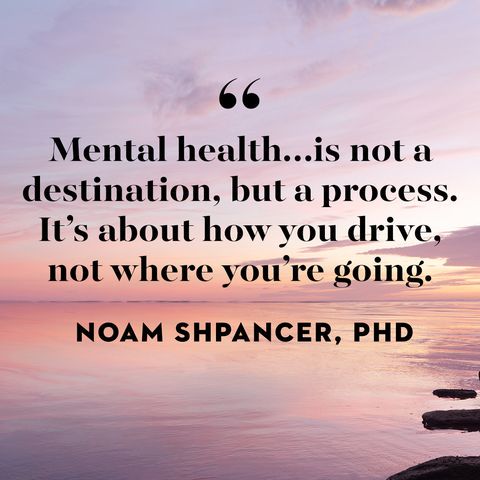Writer's Wellness
10 Quick Anxiety Relief Techniques by Dr. Ali
One of the things I hear writers dealing with a lot is anxiety. It can come from many sources; the situations in life we find ourselves in, from our own brain chemistry, or both. No matter the source, there are several ways to combat it and this video goes through some of them.
https://youtu.be/xGb4fvfZpWM
Get grounded - Be aware of your present environment and interrupt the depersonalization that can happen during high anxiety. A great thing to try is 5-4-3-2-1: Study 5 things you see, touch 4 things around you, listen to 3 three things, smell 2 things, and taste 1 thing. Obviously, it pays to have your environment set up so that you always have some of this to learn on, like carrying a diluted essential oil with you to smell when you're anxious (lavender is often listed as a calming one).
Make friends with your anxiety - Anxiety can't be removed; we're hardwired for it. It's normal to experience, but sometimes it happens at a level that gets in the way. That's when it begins to be a problem. So, we have to accept that we will be dealing with it all our lives. Once we do that, we can start to work to reduce its effects.
Change your body's chemistry - You can do this with exercise; even a brisk walk will help. You can also trigger your parasympathetic nervous system by cooling your body down quickly. Look up the "dive reflex"... you'll end up dunking your face in a bowl of ice water. Controlling your breathing is another skill to have in your arsenal, especially when you exhale longer than you inhale. Try inhaling for a count of 4, holding your breath for a count of 4, then exhaling for a count of 8. Repeat until you feel calmer. It's recommended that you practice breathing when you're not anxious so that when you are, you have the skill.
Stop fighting your thoughts - Sometimes, we get stuck on the thoughts that are causing the anxiety. Honor them, but get unstuck. Keep in mind that your thoughts are scary, but they're not dangerous; they're just thoughts. You control what you do, not your thoughts. Don't believe everything you think. Your thoughts will subside, and anxiety never lasts forever.
Opposite action - Think about what someone without anxiety would do in the situation. We will often find it is the opposite of what our anxiety is telling us to do (fight, flight, or freeze). Attempting the opposite action can break the anxiety spell.
Use a coping skill - These are skills that help you make contact with your fear and be able to deal with it in a flexible way. One simple coping skill is to carry something with you that makes you feel more brave or comfortable, maybe a crystal in your pocket or a certain necklace that you wear. You can also reach out for help; maybe text a friend for encouragement. With permission, take screenshots of encouragement from people who care about you to look at later when they're not immediately available. Another coping strategy is to take action that reduces danger... like texting someone when you've left for, and arrived at, a location. Some others include having a mantra that you can repeat and delving into a temporary distraction to neutralize it a little. (Be careful to not get lost in the distraction!) If you're going into a planned situation, it can be good to go in prepared. Do research, and write out some answers to expected questions. Practice.
Do something you love - This is good to do when anxiety is high because you're stuck waiting. Do your hobby! For us, that's likely writing. If you can't do, imagine... unpack some memories of things you love.
Recharge - There are any number of ways to recharge. Nap. Eat. Drink water. Take a shower. Meditate. Find something that works for you.
Remember your why - Keep in mind why you want to do the thing that's causing you anxiety. What will your life be like if you don't? How will your life change if you do? Motivate yourself to push through.
Get help (which may lead to long-term treatment) - Sometimes, keeping anxiety a secret is an issue. Think about finding someone around you to tell and asking for help or recommendations for help.
Overall, finding a way to deal with this topic in the long term will need to be a priority. Therapies like Cognitive Behavioral Therapy can be really helpful but should be explored with a professional, if at all possible. When you begin to address the anxiety in your life, you'll likely find that it improves in all aspects. This applies to your writing as well! Just remember to have compassion for yourself; anxiety will always exist, so don't beat yourself up if you don't feel you have "conquered" it. It's not about cutting anxiety out of your life, but about smoothing out the anxious bumps so they aren't so jarring.

Yvonne
Team of Dreams
Bạn đang đọc truyện trên: Truyen247.Pro